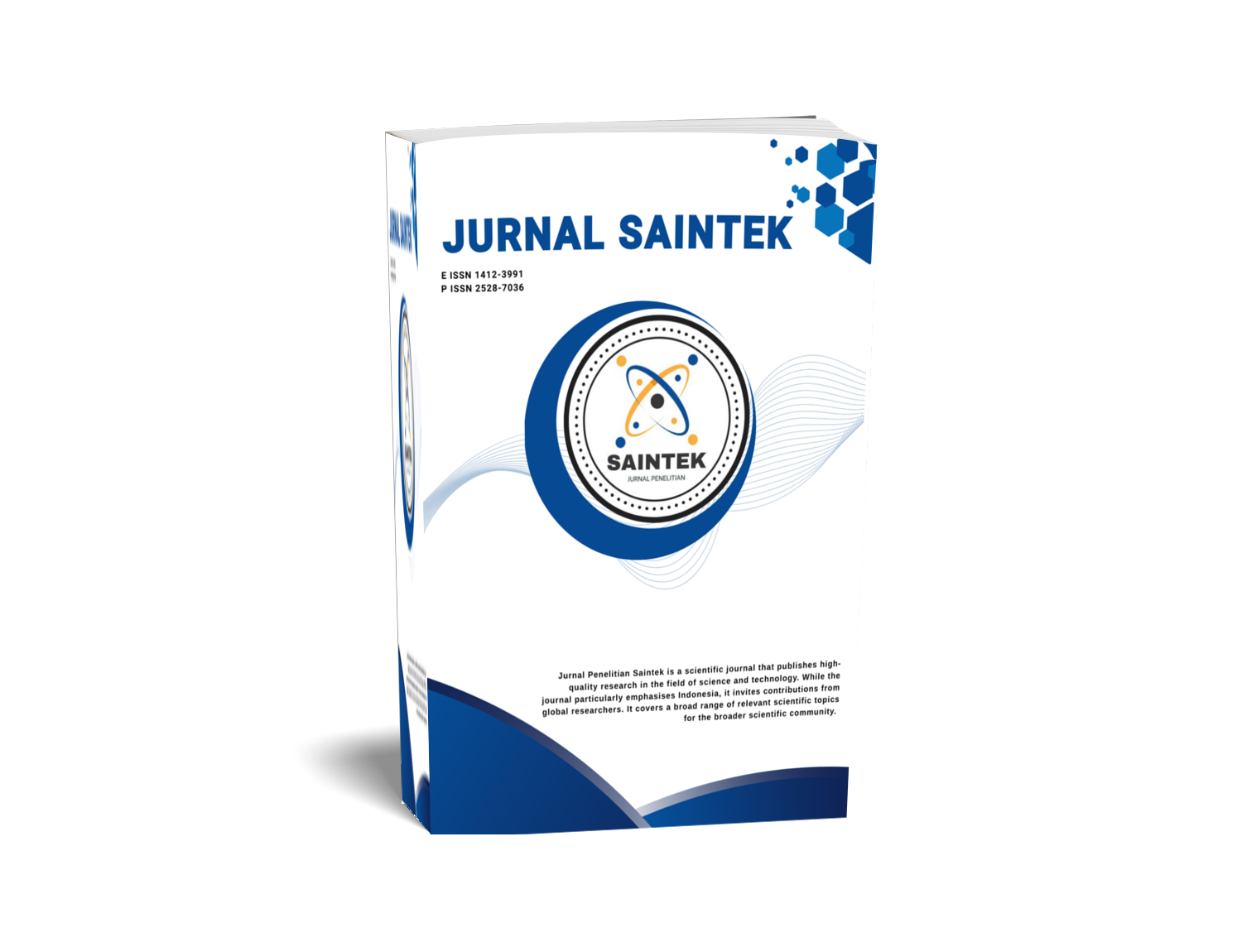POLY FRACTION (TRIMETILEN-BASED) FROM MONOMER RENEWABLE ONLY SOLUTION AND DECREASE TEMPERATURE
DOI:
https://doi.org/10.21831/jps.v19i1.2327Keywords:
Dissolution, fractionation, poly (trimethylene-sebasate), temperatureAbstract
Poly(trimethylene-sebacate), polyester material from glycerol and castor oil monomer resources, have been synthesized. Fractionation using suitable solvent-non solvent composition could be produced the pure polymer. In this experiment dissolution methods were modified by reduced temperature. In order to choose the suitable solvent and its composition, it was monitored by the turbidity, while the effect of reduced temperature were analysed based on poly(trimethylene-sebacate) mass and several physical properties of product. Result showed that the suitable solvent and non solvent were chloroform and methanol, respectively. As with out reduced temperature, the volume composition was 1 : 10, while temperature modified could be reduced 50% of methanol used. Furthermore, concentration of poly(trimethylene-sebacate) of 3% using volume composition of 1 : 5 at temperature of 20-22 oC , it was yielded 48.4% of product. It has melting point of 52 C with intrinsic viscosity of 10.89 mL/g, Mn 2632 g/eq and degree of crystalinity was 30.5%.
References
Brandrup J., Immergut, E.H., Grulke, E.A. (Eds.). 1999. Polymer handbook. 4 th.ed. New York: John Wiley & Sons.
Mardiana, D. 2005. Pengaruh penambahan gliserol pada sintesis poliester dari monomer 1,3-propanadiol. Disertasi. ITB, Bandung.
Mardiana, D., Widjanarko, S.M., Rurini R.,Anna R., 2008, Pembuatan bahan pengemas makanan ramah lingkungan dengan menggunakan monomer minyak jarak dan gliserol, Laporan Penelitian Hibah Bersaing. UB, Malang.
Rabek, J.F. 1980. Experimental methods in polymer chemistry. Chichester: John Wiley & Sons, 27-42, 63-65, 98, 225.
Ranucci, E., Liu, Y., Linblad, M.S., Albertsson, A.C. 2000. New biodegradable polymers from renewable resources. high molecular weight poly (ester-carbonate)s from succinic acid and 1,3-propanediol, Macromol. Rapid Comm., 21, 680-684.
Roupakias, C.P., Papageorgiou, G.Z., and Karayannidis, G.P. 2003. Synthesis and thermal behavior of polyesters derived from 1,3-propanediol and various aromatic dicarboxylic acids, J,Macromol. Sci., Part A: Pure and Appl. Chem., A40(8), 791-805.
Yang, J., Zhang, S., Liu, X., Cao, A. 2003. A study on biodegradable aliphatic poly (tetramethylene succinate): The catalyst dependences of polyester synthesis and their thermal stabilities, Polym. Degrad. Stab., 81(1), 1-7.
Downloads
Published
How to Cite
Issue
Section
Citation Check
License
Who Can Submit?
Any individual may submit an original manuscript for consideration for publication in Jurnal Penelitian Saintek as long as they hold the copyright to the work or are authorized by the copyright owner(s) to submit it. Authors retain initial ownership of the copyrights to their works prior to publication, except in cases where, as a condition of employment, they have agreed to transfer copyright to their employer.
User Rights
Jurnal Penelitian Saintek is an Open Access journal. Users are granted the right to read, download, copy, distribute, print, search, or link to the full texts of articles, provided they comply with the conditions of the Creative Commons Attribution-ShareAlike License 4.0 (CC BY-SA 4.0).
https://creativecommons.org/licenses/by-sa/4.0/
Author Rights
Authors retains copyrights.
Jurnal Penelitian Saintek by http://journal.uny.ac.id/index.php/saintek is licensed under a Creative Commons Attribution-ShareAlike 4.0 International License.









